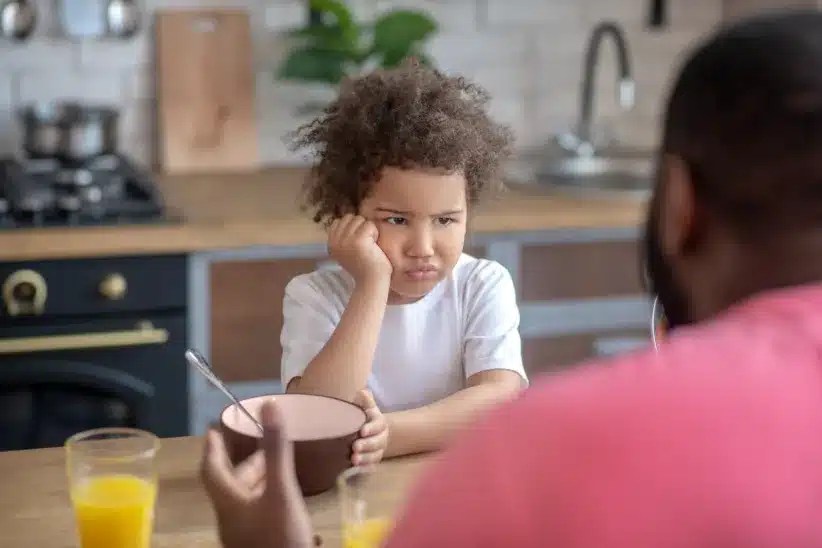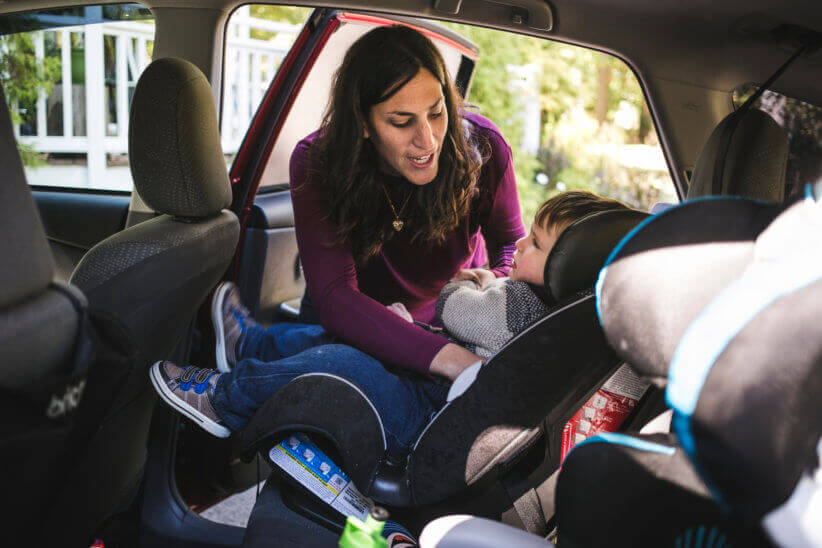My first daughter was a sleeper. She woke every four hours as a baby and then settled into a fairly regular routine, quickly sleeping throughout the night and taking two naps per day. Gradually, it slowed to one afternoon nap until she was about 4. My son had a similar schedule, and like his big sister, he also enjoyed sleeping. My second daughter, however, was a whole other matter.
She barely slept and scarcely ate. It was always a struggle to get her to eat enough at mealtime as a baby. Then she’d settle down for an afternoon nap only to wake up 15 minutes later. I tried to enforce nap time as long as possible, but by age 2, it just wasn’t happening anymore.
Pediatrician Dr. Perry Klass has written quite a bit about the complexity of kids taking naps, and notes the process is entirely more multifaceted than most of us would ever think.
“Napping in children actually is a complex behavior, a mix of individual biology, including neurologic and hormonal development, cultural expectations and family dynamics,” she says.
Infants sleep between feedings, and older babies generally take a morning and afternoon nap, which slowly whittles down to one afternoon nap. While this is the general pattern, she points out “individual children’s sleep needs and sleep patterns tended to be consistent through age 10. In other words, children who slept less than their peers as infants grew into older children [who] seemed to need less sleep.”
A study done by Dr. Monique LeBourgeois, a sleep scientist at the University of Colorado at Boulder, questioned how napping affects the cortisol-awakening response, which is a burst of hormone secretion that occurs shortly before waking in the morning. It showed that children produce this response after short naps in the morning and afternoon, though not in the evening, and it may be adaptive in helping children respond to the stresses of the day.
By experimentally restricting sleep in young children, and then analyzing their behavior in putting puzzles together, Dr. LeBourgeois’s group quantified how napping — or the lack of it — affects the ways that children respond to situations.
“Sleepy children are not able to cope with day-to-day challenges in their worlds,” she said. When children skip even a single nap, “We get less positivity, more negativity, and decreased cognitive engagement.”
Yet through all the sleep research, there isn’t anything that can show parents exactly when a child should stop napping. When should a parent let a toddler who refuses to sleep give up her nap? When should a parent discourage a child from napping if he is approaching full-time school age?
And let’s not forget the social and family issues that play a part in nap time. Sometimes, I would finally get one of my toddlers into a long nap only to have to wake them to pick up an older sibling from school. Also, many moms need a break in the day, so an afternoon nap is a matter of great importance. It helps moms recharge.
Yet often, the more we want our baby to nap, the less he will, and for some children, naps are just too difficult to do on a regular basis. My second daughter never became accustomed to taking naps, and I couldn’t figure out why, but I did try as much as I could to go with the flow. I’d still try to get her to nap each day, but after a half hour, when I knew it wasn’t going to happen, I just let her play quietly or thumb through a book.
Perhaps Dr. LeBourgeois sums it up best: “I think there’s a dire need for adults in general to be in tune with individual children’s physiology. What are the capabilities, and what are the limits? If you know your child will be stressed, cranky, and miserable without a nap, set aside time every day for that nap, but if your child starts to resist napping, another method of relaxation might be better for them.”
Danielle Sullivan, a mom of three, is a writer and editor living in New York City.





















